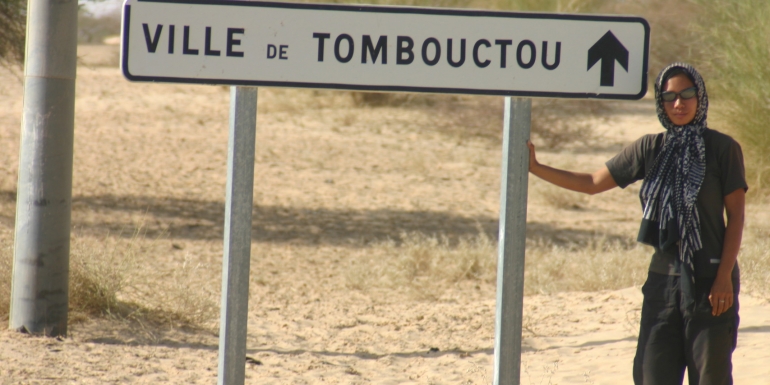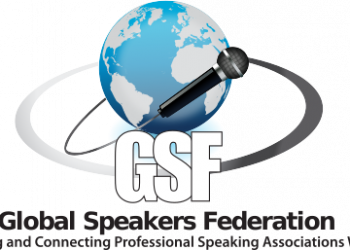It’s not about checking off a bucket list for this high flyer who has dropped in on Timbuktu, Ethiopia and Bangladesh.
KAREN TEE
For Su-Yen Wong, travelling for leisure means heading to Timbuktu, Ethiopia and Bangladesh. According to the multi-hyphenate head honcho of various organisations, exploring such “on the edge” destinations helps her stay mentally agile. She needs to be sharp: Wong is chairman of Nera Telecommunications, director at the National Kidney Foundation Singapore and Yoma Strategic Holdings. And after recently leaving the Human Capital Leadership Institute as CEO, she founded the consultancy Bronze Phoenix, a company that focuses on helping people and companies reinvent themselves in an age of disruption.
“Travel is not just a way to expand my knowledge; it is also a visceral experience. You learn what other people’s reality looks like,” says Wong, 47. “For example, when you see that there is no water in some parts of Namibia, you understand why a significant drought results in mass migration. You can read about it or watch videos, but being there and driving for 10 hours without water in sight drives the message home. My travels have significantly shaped my world view about how things interrelate and keep my senses fresh.”
WHAT A GLOBAL LEADER NEEDS TO SUCCEED
Sharp and articulate, Wong is a petite human dynamo dressed in a neatly pressed navy blue suit, her outfit jazzed up with a colourful printed scarf. Drawing on two decades of expertise in strategic human capital development, organisation transformation and business strategy, she talks about the importance of curiosity in a future leader. It is this trait that will help him or her anticipate change – the consequence of a drought, for example – in a rapidly evolving world.
“The business landscape is a lot more volatile, which can be a challenge or an opportunity. As a leader you need to have a very strong strategic lens on how things are changing and the implications for the organisation,” she says.
To scale from local to global, Wong – who was previously chairman at Marsh & McLennan Companies Singapore and the Asean managing director of Mercer, emphasises the need for cultural sensitivity. “You can’t take the same assumptions into a different environment and expect it to have the same results,” she says. For example, a leader from Sweden, who is accustomed to an egalitarian work environment, would need to adapt to succeed in a country with a different “leadership context” like Indonesia, which has an “ibu and bapak” culture that emphasises deference to elders.
A LIFETIME OF LEARNING
A niche skill that might enhance the cultural lens is learning to read micro-facial expressions, which Wong learnt about at the YPO Edge event held in Singapore earlier this year. The annual three-day networking convention by the Young Presidents’ Organization, a global organisation of the world’s top business leaders, features marquee speakers (tennis player and human rights activist Billie Jean King and Prime Minister Lee Hsien Loong have been among them).
It was this quirky topic that caught her attention at the event. Research suggests that micro-expressions cannot be faked, something which could potentially impact the business world. She says: “By understanding subtle changes in a person’s expressions, you can tell what they’re feeling and thinking. Imagine the applications of this skill in a negotiation. Wow.”
“EDUCATION IS GOING TO BE MORE ABOUT GETTING GOOD AT REINVENTING YOURSELF AS PEOPLE WILL HAVE TO LEARN MANY THINGS OVER THE COURSE OF THEIR LIVES.”
On the matter of the education system, Wong believes it should evolve to prepare students for the future. “Previously, what you learnt in a particular domain could sustain you for a lifetime. But increasingly, education is going to be more about getting good at reinventing yourself as people will have to learn many things over the course of their lives,” says Wong. “So the purpose of education would be teaching people how to learn as opposed to teaching about knowledge and content. The latter should be a means to help them keep learning,” she adds.
HE FOR SHE
As a woman at the pinnacle of the corporate structure, she knows all about the demands of the job. “It is important to recognise that the demands of a top leadership position don’t discriminate (by gender) very much,” she says. “It may mean going on a business trip at the drop of a hat or taking a call from an angry client in the middle of the night. That’s just part of the territory whether you are male or female.”
That’s where a life partner could make all the difference, she says. “You need a partner who is aligned with supporting your career vision and is willing to share the ‘home stuff’ load.”
She speaks from experience, saying: “My husband is incredibly supportive, and we divvy up the work that needs to be done at home. We both have careers, and I would say that would not have been possible without an equal partner on both the professional and personal fronts.”
———–
Reproduced from The Peak Magazine, August 13, 2018
https://thepeakmagazine.com.sg/interviews/su-yen-wong-dispenses-leadersh…



